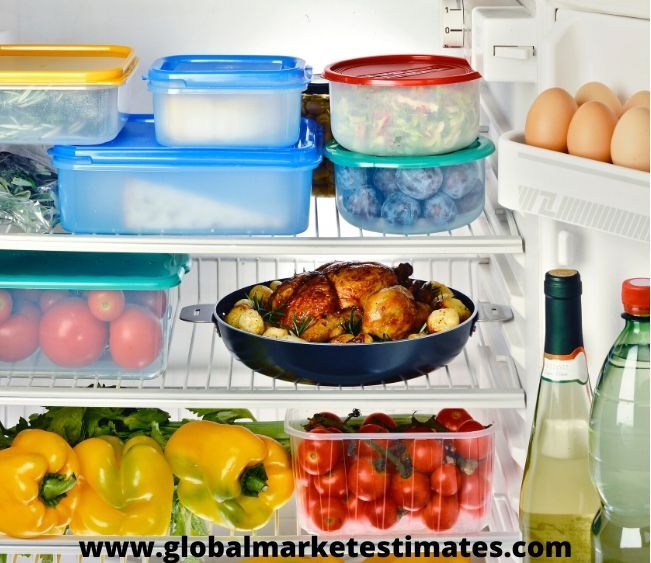The global food and beverage industry typically includes various online food chains and offline food chains. The food and beverage industry constitutes the companies that are working in processing raw food materials, packaging, and distribution (including prepared foods and packaged foods, along with alcoholic and non-alcoholic beverages).
Prior to the outbreak of the global pandemic-COVID-19, the primary factors for the growth of the food and beverages industry comprised the growth in the number of takeaway consumers and growing adoption of ready to eat food. Moreover, the rising population and increase in average per capita income along with changing lifestyle are other growth-enhancing factors of this industry. However, the outbreak of the pandemic has affected the food and beverage industry owing to the shutdowns of the restaurants and other seating areas.
The novel COVID-19 has impacted the food and beverage industry in almost all regions including North America, Europe, Asia-Pacific, and the rest of the world. The global food and beverage industry can be categorized on the basis of online food chains and offline food chains. The outbreak of COVID-19, since 31 December 2019, had a dual impact on these segments. Due to the restrictions and lockdowns across the virus-affected countries, many of the offline food chains, like, restaurants and cafes have entirely been shut down in those regions. However, regulated online food deliveries are available. In addition, packaged food and beverage industries are witnessing an upsurge in the demand, such as shelf-stable foods and beverages including milk products, since consumers are rushing to stock the pantries.
Asia-Pacific and Europe are the largely impacted region across the globe. This is attributed to most of the cases recorded in the regions especially in the countries including Italy, Spain, Germany, France in Europe, and China, Japan, and South Korea in Asia-Pacific. The Chinese government has shut all the restaurants and cafes in the country. Apart from the food chains, the supply chain has been largely impacted by the pandemic COVID-19, as there is a disruption in the supply chain. For instance, Coca Cola Co. experienced delays in its raw material supply from China as a result of industrial stalls related to the spread of COVID-19 in China. The company sources sucralose from both the US and China, however, it has flagged that Chinese suppliers have experienced delays in production and export.
Major global food and beverage brands that have been adversely affected due to the outbreak include- Burger King Corp., Domino’s Pizza, Inc., KFC Corp., McDonald's Corp., PepsiCo Inc., Starbucks Corp. and so forth. Due to the outbreak of the pandemic, these companies are largely affected, particularly in any of the outbreak zones that is in China, the US, Italy, and South Korea. The restaurants have been mandated to shut down entirely however the online food supply is available. For instance, Starbucks has shut half of its nearly 2,000 outlets in China, however, the online food ordering is still available.
While performance of the food and beverage industry in the current quarter will be bleak, there are expectations of sharp rebound in post-lockdown days. Hotels and restaurants would need some serious support from the government around some of these fixed costs, be it in the form of waivers or subsidiaries, in order to stay afloat.

